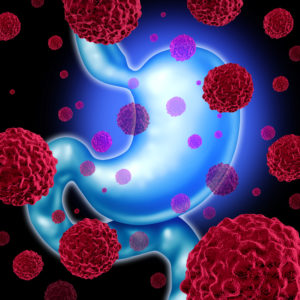
When you receive a diagnosis of cancer, your mental and emotional adjustment can make a difference during your course of immuno oncology treatment. Unfortunately, most people have no frame of reference for coping with such news.
The American Cancer Society offers helpful tips for coming to terms with a cancer diagnosis and continuing to live life to the fullest.
Follow Your Own Path
Your situation is unique. Others may offer ideas of what has worked for them, but don’t feel obligated to follow them to the letter. View these tips as suggestions and try out different methods to find your own best solution.
Learn About Your Cancer
Knowledge is power. The unknown is often more frightening than the reality, so take time to educate yourself about your type of cancer and the various treatment options that are available.
Stay Active
The link between exercise and mood is well-documented. Physical activity stimulates production of endorphins, which are natural mood elevators. Consult with your doctor to make sure you’re not overdoing it.
Let Your Feelings Out
Many people believe that fear, anger and other negative emotions must remain hidden, but that can make your situation even harder to bear. Talk to friends and family, join a support group or try an artistic outlet such as writing or painting.
Be Kind to Yourself
Make a point each day of doing something that makes you happy, whether it’s meeting a friend for lunch or simply meditating for 15 minutes.
Issels®: Immuno Oncology Personally Created for You
Our non-toxic immunotherapy programs are individually designed to meet your specific needs. Contact us to learn more.





